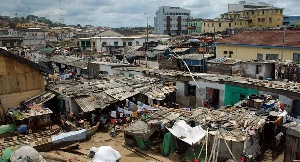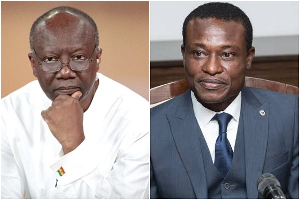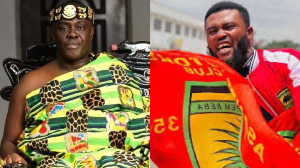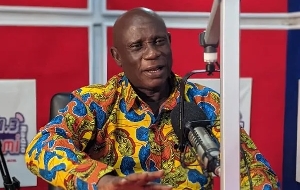Poverty has been halved in Ghana over the last two decades, according to the Director-General of the National Development Planning Commission (NDPC) Dr. Esseim Mensah-Abrampa.
He stressed further in an interview on Accra-based TV3 that Ghaana as a lower middle-income economy was not a poor country.
He told Kemmini Amanor, host of Hot Issues programme: “Ghana is not poor, we are a lower-middle-income country. We are not poor because if you have the means of measuring in terms of development with all the global indicators, we have what we call the least developed countries, you have developing countries then you have lower-middle-income, upper-middle-income, and then developed.
“So it tells you that if you are going by these five graduations, we are right in the middle.”
He explained why the lower middle-income status did not reflect in the lives of most Ghanaians, stating thus: “It does reflect in the lives of the people because per capita income, how much you earn, and the sophistication in our lives and our well-being are far higher than the average in the world.”
He added “Definitely, we cannot live on the same income bracket which means that definitely there are some people who are poor but there is a process which has gone on for a very long time within twenty years.
"We have been able to half that, it means we have been able to move half of the people who are poor right into a higher range of wellbeing and satisfaction. So it is a process,” he stressed.
The World Bank defines lower-middle-income economies as those with a Gross National Income (GNI) per capita between $1,036 and $4,045; and upper-middle-income economies – as those with a GNI per capita between $4,046 and $12,535 (2021).
Middle-income countries are home to 75% of the world's population and 62% of the world's poor.
Business News of Monday, 11 December 2023
Source: www.ghanaweb.com

















